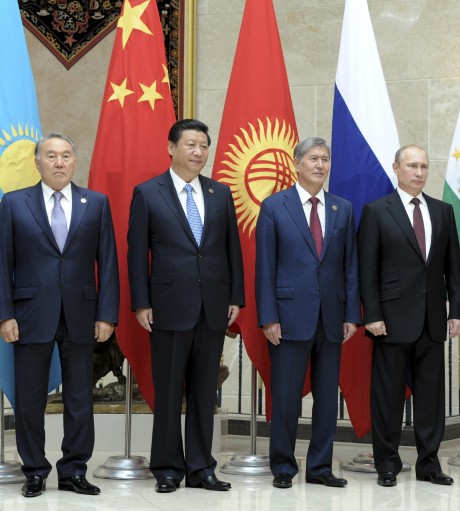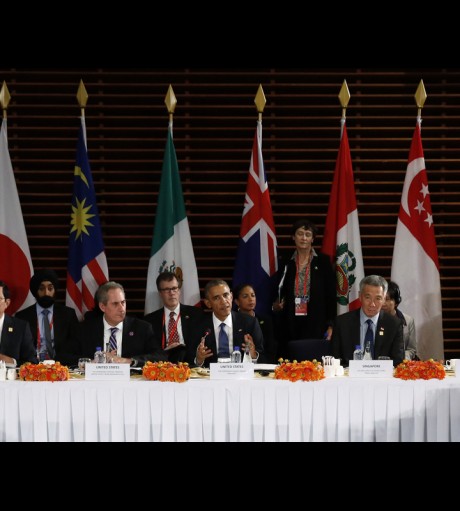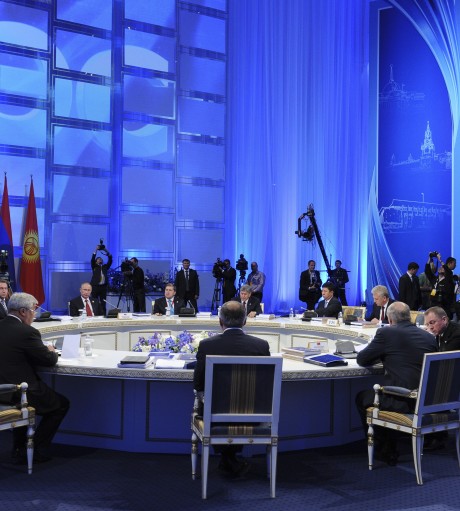- All posts
- November – December, 2020
- September – October, 2020
- July – August, 2020
- May – June, 2020
- March – April, 2020
- January – February, 2020
- November – December, 2019
- September – October, 2019
- July – August, 2019
- May – June, 2019
- March – April, 2019
- January – February, 2019
- November – December, 2018
- September – October, 2018
- July – August, 2018
- May – June, 2018
- March – April, 2018
- January – February, 2018
- November – December, 2017
- September – October, 2017
- July – August, 2017
- May – June, 2017
- March – April, 2017
- January – February, 2017
- November – December, 2016
- September – October, 2016
- July – August, 2016
- May – June, 2016
- March-April, 2016
- January – February, 2016
- November – December, 2015
- September – October, 2015
- July – August, 2015
- May – June, 2015
- March – April, 2015
- January – February, 2015
- November – December, 2014
- September – October, 2014
- July – August, 2014
- May – June, 2014
- March – April, 2014
- January – February, 2014
- November – December, 2013
- September-October, 2013
- July-August, 2013


